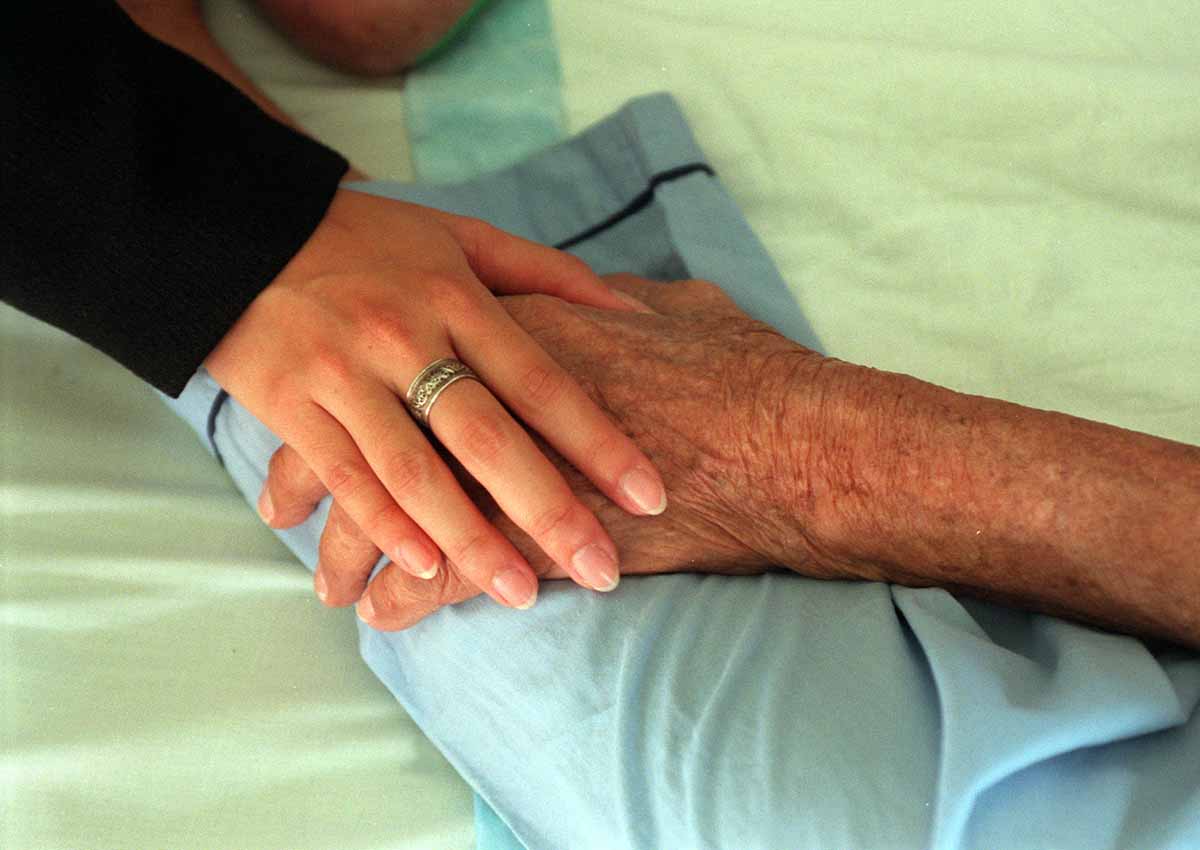In the light of an ageing population, the court has been given powers to appoint professionals such as lawyers or social workers to make key personal welfare or financial decisions for people who have lost their mental capacity.
And if those professionals or family members appointed as proxy decision-makers abuse their powers, the court will now be able to step in earlier.
Parliament has passed a Bill to update the Mental Capacity Act (MCA) so as to give more help and protection to the mentally incapacitated.
“The MCA has been in operation for six years now… We have learnt useful lessons. It is timely to amend the MCA to meet emerging needs and strengthen its protection capability,” said Minister for Social and Family Development Tan Chuan-Jin yesterday when he presented the proposed changes for debate.
One of those needs is the rising numbers of singles and elderly people who live alone or have no children. They therefore have no one to rely on to make decisions on their behalf if, for instance, they slip into dementia.
Estimates are that about one in 10 here aged 60 years and above has dementia.
The other concern is with a small but growing number of elderly people who are exploited by those they have entrusted with making their decisions.
The MCA was passed in 2008 to empower individuals to plan ahead and make their wishes known.
For example, the Lasting Power of Attorney (LPA) scheme started in 2010 under the Act to allow individuals to make an LPA by appointing someone, known as a donee, to make decisions on their behalf when they lose mental capacity.
For those who lack the mental ability to make decisions, the courts may appoint a person – called a deputy – to make decisions for them.
With the changes made to the MCA, some legal loopholes can be plugged to prevent exploitation by some to gain the assets of vulnerable people.
For instance, the court will soon get powers to revoke an LPA or deputyship order if the donee or deputy is convicted of an offence or is no longer registered as a professional deputy or donee.
The court will also soon be able to suspend a donee’s or deputy’s powers even when there is no court application to do so.
Currently, if a person loses mental capacity but has not yet made an LPA, the court can help to appoint a deputy – usually a family member or a licensed trust company – to make decisions on his behalf.
But if family members are unwilling, unable or unavailable, the changes to the Act now enables the court to appoint professionals instead.
Those with family members and sizeable assets can also choose to pay professionals to be their donees if they have complex instructions regarding the discharge of their care and assets.
jantai@sph.com.sg

Get MyPaper for more stories.






